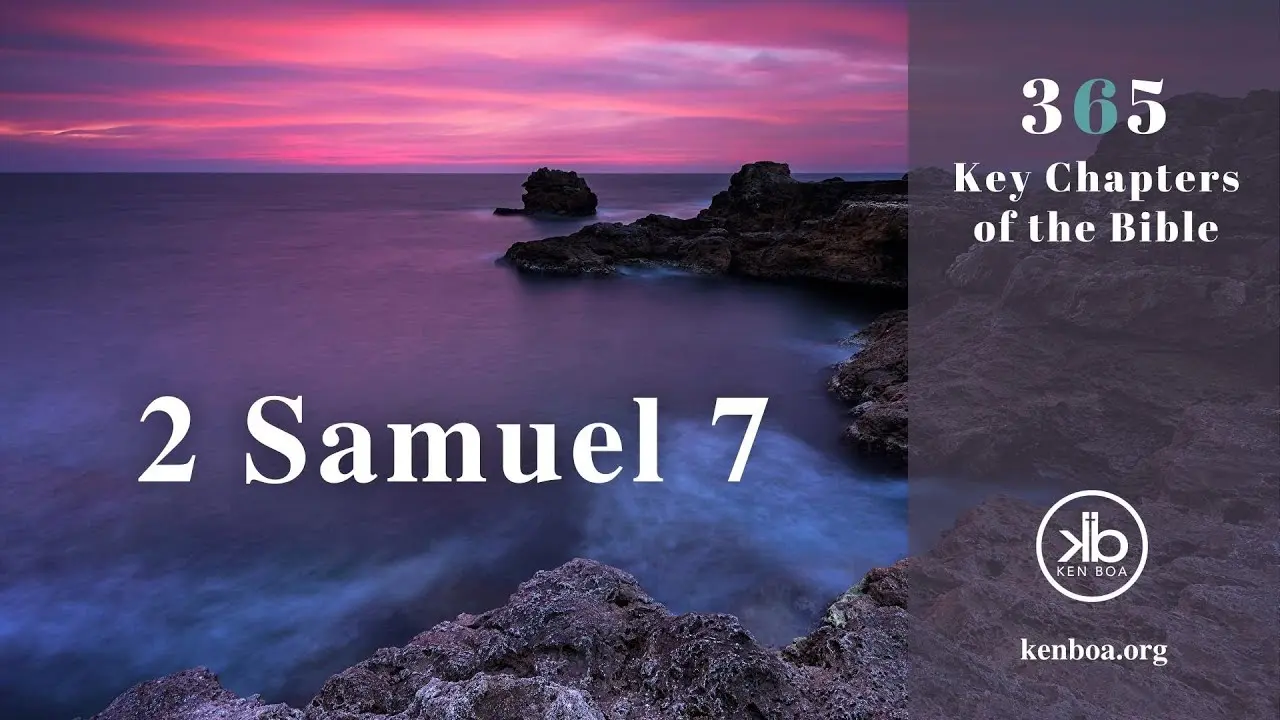You may have good intentions, but good intentions are not enough. You need to submit your desires to God, asking Him for His perfect timing and for guidance on what He would have you do. This was a lesson David learned when he brought his desire to build a temple before the Lord. God told him no—He had other plans for David. Like David, you may desire to do something great—perhaps lead some ministry—but that may not be what God has called you to do. But if you do even the smallest of tasks with excellence, you will honor God in your work and bring Him glory.
Honor God in Your Work
Obedience is the pathway to divine disclosure. Even though we may not understand why God calls us to do something, we demonstrate trust when we obey Him. And the more we obey Him, the more we will know, love, and trust Him. David discovered this truth when he presented his desires to God and honored God by obeying Him.
David wanted to honor God in all things, and one of those ways was by building a temple to Him. God, however, did not have David do this work. Instead, He had other plans for David, promising instead that David’s son would build the temple.
In the same way, not all of us are called to tasks we view as “sacred.” But there should not be a sacred/secular divide. All the work we do can and should bring God glory. When we do our work with excellence, proving trustworthy even in the small things, then we honor God in our work. It does not matter if no one notices the work we do. But it has dignity when done for the King. God sees, and that is what matters.
The Lavish Grace of God
God saw David’s desire to honor Him, and He was pleased. But instead of David building a house for God, God would build a house for him. God promised He would establish David’s son, Solomon, on the throne. Solomon would have peace, and he would be the one to build the temple.
God’s lavish grace did not end with a single descendant. Instead, God chose to make a lasting name for David, giving him descendants—and one Descendant who would be the Messiah. This is the Davidic Covenant, a pointer to Jesus, the King who reigns eternally.
When receiving this covenant, David responded in humble gratitude, breaking forth into a praise of God. His prayer in 2 Samuel 7:18–29 is full of adoration, something that tends to be lacking in our own prayers. This adoration was a demonstration of David’s submission to the will of God.
This teaching is based on Ken Boa’s Handbook to Scripture.
Related Reading:
Want to deepen your prayers? Read Ken Boa’s Handbook to Prayer. Centered around a three-month cycle, this devotional will train you to pray Scripture back to God.



